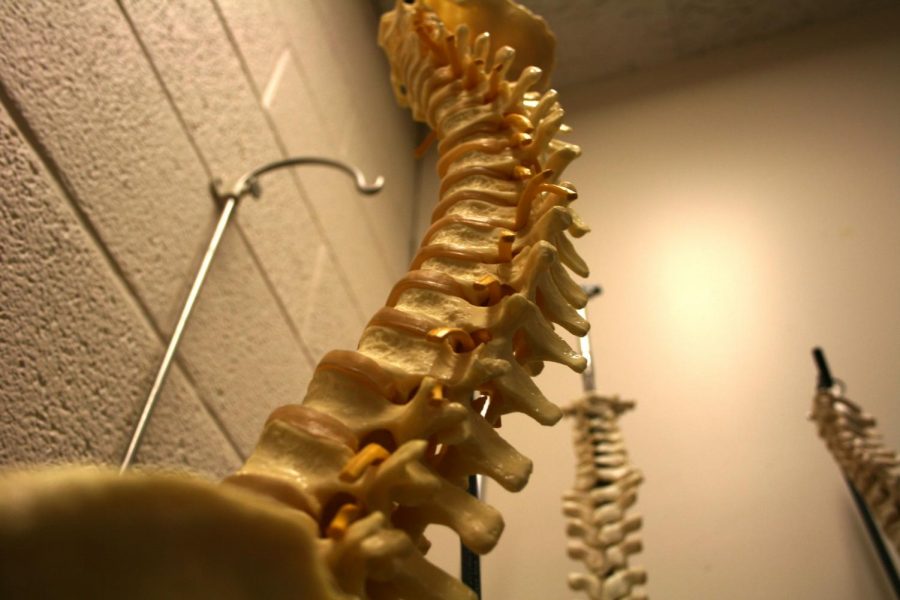Bio grant helps students pass
AACC and four other colleges will work together to assure classes like genetics will prepare transfer students for UMBC.
January 23, 2019
A grant worth more than $2 million from the National Science Foundation will help prepare AACC students who plan to major in biology when they transfer to the University of Maryland, Baltimore County.
According to the proposal that created the grant, 29.8 percent of community college transfer students who took a genetics class at UMBC earned a D or F or withdrew from the class. That compares with 9.7 percent of students who started at UMBC as freshmen.
This grant will pay for programs at AACC and UMBC to help transfer students keep up with those who started at the four-year university.
Community College of Baltimore County, Howard Community College and Montgomery College also will use the grant to help their students.
The main goal of the grant is to help students with quantitative reasoning—applying math skills to the real world—to better prepare them for when they transfer to UMBC.
Representatives from UMBC and each of the community colleges will meet to compare and align their biology curricula.
“We’re not looking to be mirror images of each other or carbon copies … but it’s to have some commonality in learning outcomes,” AACC genetics professor Tammy Domanski said.
“At UMBC, 40 percent of their biology majors come from community colleges,” Domanski said. “They’re trying to track success of students that not only start off … in the four-year college,” but transfer students as well.
The second goal of the grant is to introduce lessons that professors can use in their classes to help relate the math they are teaching back to the real world.
These lessons should help build a common set of problem-solving skills the students can fall back on throughout their college education.
The final goal of the grant is to train professors to apply these lessons in their classrooms.
“How do we help faculty to use [these] practices in their teaching that we know promote student success?” said Laura Ott, director of UMBC’s Science Education Research Unit.












